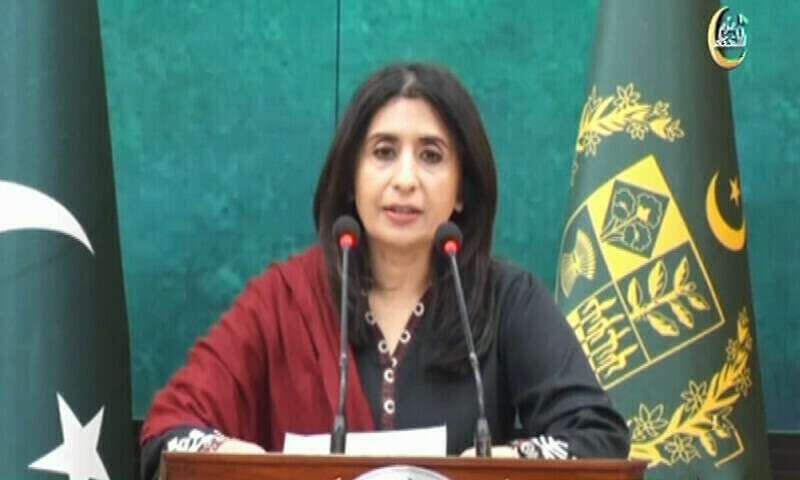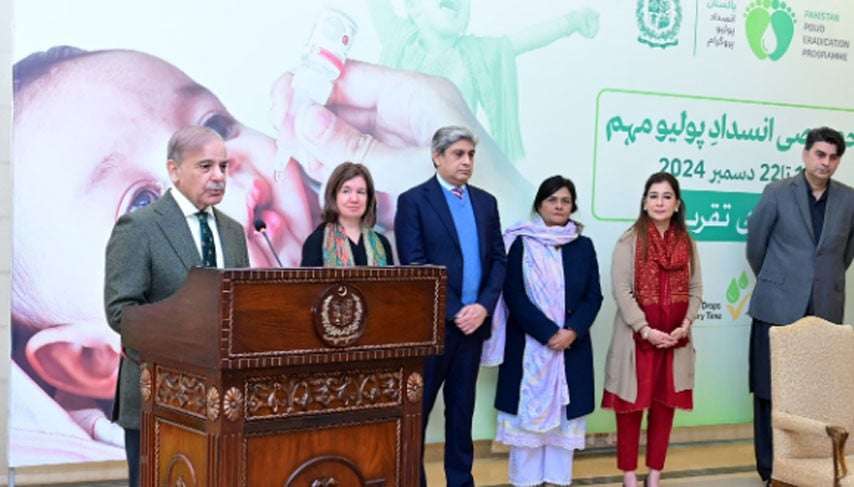Introduction: Background of Tensions Between Pakistan and Afghanistan
Pakistan has been actively engaged in military operations in its border areas with Afghanistan, primarily aimed at neutralizing terrorist groups operating in these regions. This follows growing concerns over the security threats posed by cross-border terrorism, particularly from the Tehreek-i-Taliban Pakistan (TTP), a banned militant group operating from Afghan soil. On Tuesday, Pakistan carried out airstrikes targeting TTP camps in Afghanistan’s eastern Paktika province, leading to a diplomatic protest from the Afghan Taliban government.
This article explores the reasons behind Pakistan’s anti-terrorist operations, the ongoing diplomatic tensions with Afghanistan, and the broader security implications for both countries.
Why Pakistan Is Conducting Anti-Terrorist Operations in Border Areas
Protecting Pakistani Citizens from Terrorism
According to Pakistan’s Foreign Office (FO), the country conducts operations in its border areas to protect its citizens from the threats posed by terrorist organizations. These operations are based on accurate intelligence and are specifically designed to target groups that pose a significant danger to Pakistan’s security and stability. The operations, while defensive, are crucial to Pakistan’s national security strategy, as terrorist groups operating in the border regions have historically carried out deadly attacks on Pakistani soil.
The Role of TTP and Other Terrorist Groups
The Tehreek-i-Taliban Pakistan (TTP) has been one of the main terrorist groups responsible for attacks in Pakistan. The TTP, which operates primarily from Afghanistan, has carried out numerous attacks in recent years, resulting in significant civilian and military casualties. Pakistan has repeatedly requested Afghanistan to take stronger action against the TTP and other militant groups operating from Afghan territory. However, the Afghan Taliban regime has denied these allegations and has remained largely uncooperative in efforts to curtail cross-border terrorism.
Pakistan’s security officials claim that the airstrikes conducted on Tuesday targeted several suspected TTP camps in Paktika province. The raids aimed to neutralize individuals believed to be involved in planning and executing attacks on Pakistani soil.
The Diplomatic Fallout: Afghanistan’s Response to Airstrikes
Afghanistan’s Strong Protest
In response to the airstrikes, the Afghan Taliban government issued a formal protest, condemning the violation of Afghanistan’s territorial sovereignty. Afghan officials labeled the Pakistani actions as a “breach of sovereignty” and warned that any further incursions would be considered unacceptable. The Afghan Ministry of Foreign Affairs summoned Pakistan’s Charge d’Affaires in Kabul and handed over a formal protest note regarding the bombings.
Pakistan’s Stance on Sovereignty and Security
While Pakistan maintains that the airstrikes were a legitimate response to terrorism, it has expressed respect for Afghanistan’s sovereignty. In a statement issued by the FO, the Pakistani government emphasized that protecting its citizens from terrorism is the top priority and that operations in border areas are carefully planned and based on verified intelligence. Pakistan also reiterated its commitment to maintaining open channels of communication with Afghanistan, with Special Representative Sadiq Khan meeting Afghan officials in Kabul to discuss security, border management, and other issues of mutual concern.
The statement further clarified that social media messages coming from terrorist groups or factions should not be taken as official communication. Pakistan stressed that it has continuous diplomatic engagement with Afghanistan through direct communication channels.
Pakistan’s Consistent Efforts to Address Border Security Issues
A History of Cross-Border Military Operations
This recent escalation is not an isolated incident. Pakistan has previously carried out military operations in Afghan border areas, primarily targeting terrorist groups responsible for attacks within Pakistan. Earlier this year, in March, the FO confirmed the execution of intelligence-based operations in Afghanistan, which targeted groups linked to terrorist activities inside Pakistan, including the Hafiz Gul Bahadur Group. These operations followed a deadly attack on a Pakistani security post in North Waziristan, which resulted in the deaths of seven Pakistani soldiers.
Pakistan’s Defense Minister’s Statement on Operations
In July, Pakistan’s Defense Minister, Khawaja Asif, reaffirmed the country’s stance on carrying out operations in Afghanistan. In an interview with the BBC, Asif confirmed that Pakistan would continue to conduct such military actions as part of a broader strategy to combat terrorism. The minister’s statement reflects Pakistan’s determination to protect its citizens and safeguard its borders, despite the diplomatic challenges involved.
Security Challenges in the Region
The security situation in the region remains volatile, with militant groups taking advantage of the porous border between Pakistan and Afghanistan. This ongoing instability, coupled with the lack of cooperation between the Afghan government and Pakistan, makes it difficult for both countries to establish lasting peace and security in the border regions.
The Impact of Airstrikes on Pakistan-Afghanistan Relations
A Strained Diplomatic Relationship
The recent airstrikes have once again highlighted the strained relations between Pakistan and Afghanistan. Diplomatic ties between the two countries have been under pressure for years, primarily due to concerns over cross-border terrorism. While Pakistan has accused Afghanistan of harboring terrorist groups, Afghanistan, under its Taliban regime, has frequently denied such allegations, resulting in a diplomatic impasse.
The Importance of Dialogue and Cooperation
Despite the challenges, Pakistan has emphasized the importance of dialogue and cooperation with Afghanistan. Pakistan has consistently stated that it prioritizes diplomatic engagement over military action. The hope is that continued talks and improved border management can lead to a reduction in cross-border attacks and a more stable relationship between the two countries.
The Future of Pakistan-Afghanistan Relations: Key Considerations
The Role of International Diplomacy
International diplomatic efforts could play a significant role in de-escalating tensions between Pakistan and Afghanistan. Countries with influence in the region, such as China, the United States, and the United Arab Emirates, could help mediate talks and encourage both parties to reach a mutual understanding regarding border security and counterterrorism efforts.
Strengthening Border Security and Management
One potential avenue for improving relations could be enhanced cooperation on border security. Both countries face significant challenges in managing the long and porous border, and joint efforts to combat terrorism could help build trust. Improved security mechanisms and better intelligence sharing could contribute to a reduction in cross-border terrorism and violence.
Long-Term Stability and Peace
The long-term stability of the region will depend on the ability of both Pakistan and Afghanistan to address the root causes of terrorism and conflict. This will require a concerted effort from both governments, supported by the international community, to promote peace, security, and economic development in the region.
Frequently Asked Questions (FAQs)
1. Why did Pakistan conduct airstrikes in Afghanistan?
Pakistan conducted airstrikes in Afghanistan to target terrorist groups, specifically the Tehreek-i-Taliban Pakistan (TTP), which have been responsible for attacks on Pakistani soil.
2. What was Afghanistan’s reaction to the airstrikes?
Afghanistan condemned the airstrikes, claiming they violated the country’s territorial sovereignty. The Afghan Taliban government issued a formal protest to Pakistan.
3. Is there any diplomatic communication between Pakistan and Afghanistan?
Yes, despite the tensions, Pakistan and Afghanistan maintain diplomatic channels and continue to engage in discussions on security, border management, and other matters of mutual interest.
4. Has Pakistan conducted similar operations before?
Yes, Pakistan has previously conducted military operations in Afghanistan targeting terrorist groups, such as in March when airstrikes targeted militants from the Hafiz Gul Bahadur Group.
5. What steps can both countries take to improve relations?
Enhanced cooperation on border security, improved intelligence sharing, and continued diplomatic engagement could help reduce tensions and foster a more stable relationship between Pakistan and Afghanistan.
Conclusion: The Need for Continued Engagement
While military operations may remain necessary to protect Pakistan from terrorist threats, it is equally important for both Pakistan and Afghanistan to continue diplomatic efforts to resolve their differences. Only through cooperation, dialogue, and enhanced security measures can both countries hope to achieve lasting peace and stability in the region.
SEE ALSO
https://flarenews.pk/2024/12/26/adreno-830-performance-analysis-for-high-end-gaming/



